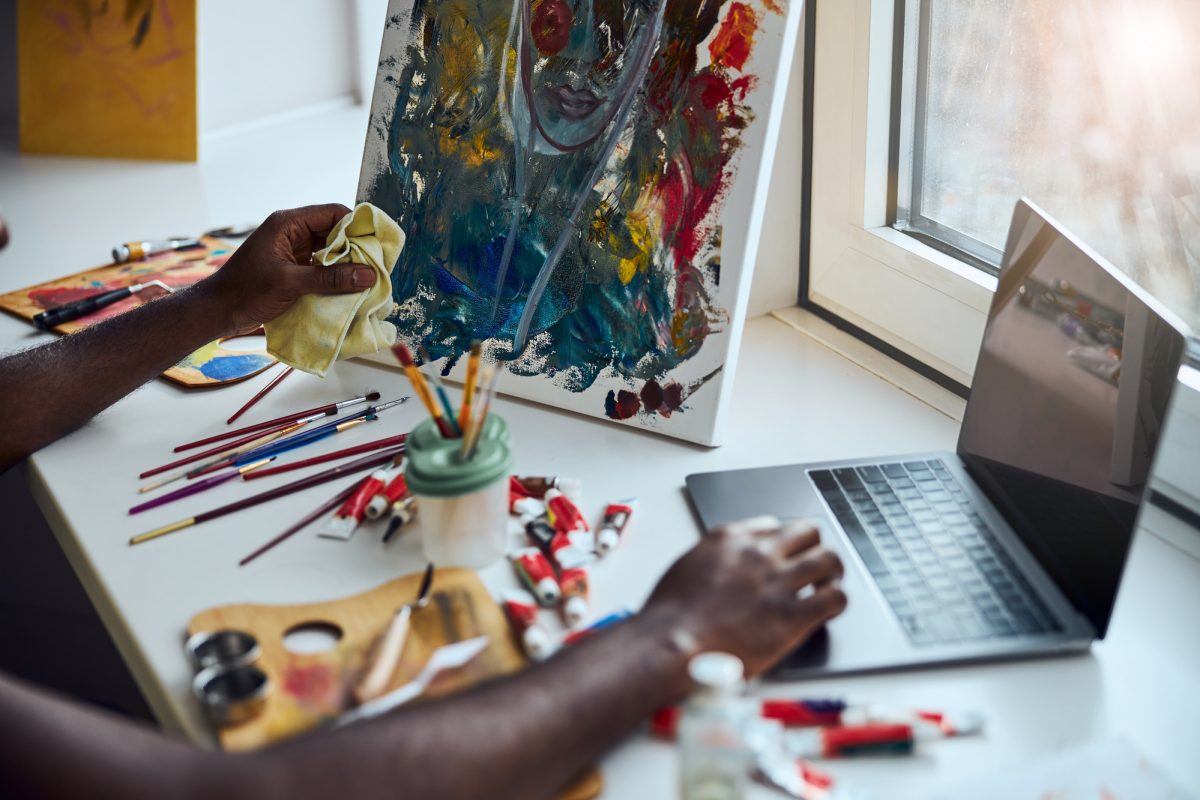Creative startups have become a powerful force in today’s economy, blending artistic innovation with entrepreneurial spirit. These ventures often arise from individuals who possess a passion for art and a desire to make it financially sustainable.Read More
Innovation plays a central role in the success of creative startups, as these businesses thrive on fresh ideas and unique perspectives. Entrepreneurs in the creative field are often motivated by a desire to push boundaries, explore new mediums, and redefine traditional approaches. This emphasis on innovation allows creative startups to stand out in competitive markets, offering customers products and services that are both original and compelling. For instance, many creative startups utilize technology such as digital platforms, virtual reality, and artificial intelligence to create immersive experiences or reach wider audiences. The combination of business acumen and artistic talent is what sets creative startups apart. These ventures require entrepreneurs to not only have a deep understanding of their craft but also the ability to navigate financial, marketing, and operational aspects of running a business. For many artists, this shift toward entrepreneurship opens doors to new opportunities and growth. Creative startups often explore unconventional business models, such as subscription services, crowdfunding, or pop-up shops, to gain traction and attract customers. This flexibility allows them to adapt quickly to changing market trends while maintaining their artistic integrity. Building a successful creative startup requires a combination of perseverance, adaptability, and vision. Many entrepreneurs in the creative industry face challenges related to funding, competition, and finding their target market. However, the potential for success is high for those who can merge their artistic vision with sound business strategies. A growing number of incubators, mentorship programs, and funding options are emerging to support creative startups, helping them overcome these obstacles. These resources play a crucial role in helping startups scale their operations and establish themselves within the broader marketplace. As creative startups continue to flourish, they contribute to the diversification of the economy by offering new types of jobs and services. Many of these startups hire freelancers, artists, and specialists in areas such as marketing, design, and content creation, creating a ripple effect of employment opportunities. Additionally, creative startups often have a strong focus on sustainability, innovation, and community engagement, aligning with global trends toward more responsible business practices. This not only makes them more appealing to socially conscious consumers but also helps shape a more vibrant and diverse economy. In conclusion, creative startups represent a growing and dynamic part of the global economy, where art meets entrepreneurship to create something unique and impactful. The blend of creativity, innovation, and business expertise makes these ventures successful and sustainable. As these startups continue to push boundaries and explore new business models, they will undoubtedly influence various sectors and contribute to a more diverse and inclusive marketplace. By combining artistic vision with entrepreneurial spirit, creative startups are shaping the future of both art and business.The Role of Innovation in Creative Startups
Entrepreneurship Meets Artistry




